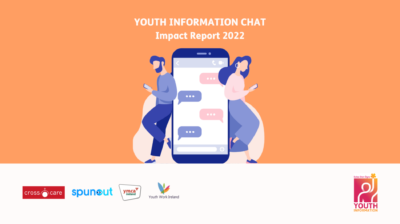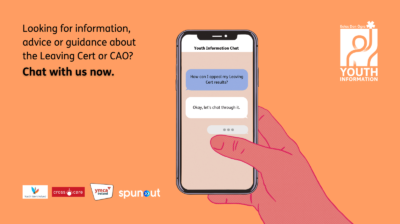Families are spending too much money on treats
Nearly one-fifth of the average weekly shop budget is now being spent on treat foods
Written by Grainne Jones
News
Information about the latest news and opportunities.

Families are spending nearly three times as much money on treats like crisps and chocolate than they are on vegetables, according to Safefood.
Research has found that 19% of the average family’s weekly food shop is made up of highly processed treat foods, compared to only 7% spent on vegetables.
People are now being encouraged to reduce the amount of treats that they are consuming, and to opt for more fruit or vegetables instead.
Too much is being spent on treats
- Families with children spent €1,037 on treat foods in 2017
- Only €521 was spent on fruit, and €346 on vegetables
The research focused on families with children, but it is indicative of a wider public issue; food habits picked up during childhood generally remain throughout a person’s life.
The Minister for State, Catherine Byrne, said that “this research confirms the need for parents and all those who care for children to work together to improve children's eating habits”.
“Not only are these so-called treat foods and drinks high in fat, sugar and salt and contribute to overweight and obesity but equally important is the fact that if children [and adults alike] fill up on these foods, they don't have an appetite for the nutritious foods they need for good health and wellbeing,” she added.
According to research by the National University of Ireland Galway, only 23% of children eat fruit more than once per day.
This is also an issue for teenagers and young adults, as the increase in the availability of processed foods has changed the way they make their food choices.
“The balance is all wrong and we’re under-consuming the vital nutrients in fruit and vegetables,” said Dr. Cliodhna Foley-Nolan, the Director of Human Health and Nutrition at Safefood.
“Undoubtedly this level of consumption by families is contributing to our dangerous levels of overweight, type 2 diabetes and cancer,” she said.
By increasing the consumption of fruits and vegetables, and limiting treats to once or twice per week, the risk of illnesses such as type 2 diabetes and cancer are greatly reduced.
How to increase fruit and vegetables into your diet
- Instead of a bar of chocolate or a packet of crisps with your lunch, opt for a piece of fruit instead
- Keep a fruit bowl nearby and fully stocked so that it’s always the first option available when you want a snack
- Pick one day a week to not have a treat and stick to it. After a while add another non-treat day, and then another, until you’re only having treats once or twice a week
- Reward yourself with fun activities instead of food treats, eg. a trip to the cinema, going bowling
The START campaign
Safefood, the HSE and Healthy Ireland have partnered to create a five-year public health campaign to encourage families to have a healthier future.
The START campaign focuses on increasing fruits and vegetables in the diet, increasing physical activity, and reminding people to choose appropriate sized portions.
To find out more about the START campaign and ways to make a healthy, positive start visit www.makeastart.ie






